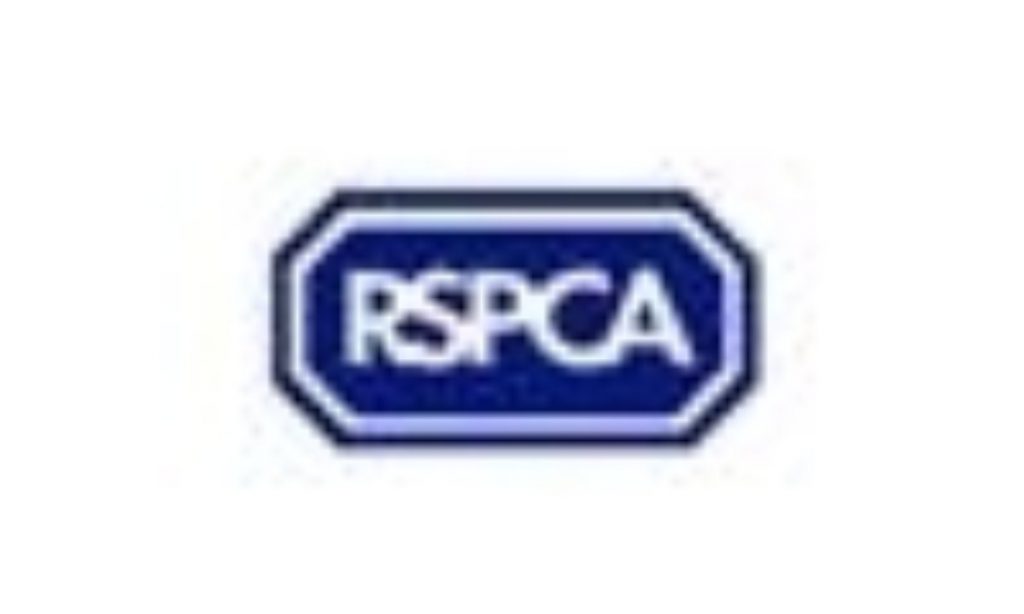RSPCA: Public do not understand battery cage law survey reveals
One per cent of public thought farmers would have to play music to hens
A quarter of people (26 per cent) wrongly guessed that all battery cages will be banned in the New Year, research by the RSPCA has revealed.
From January 1 2012 all farmers in the EU will be banned from keeping hens in barren battery cages – however it will still be perfectly legal to use so-called ‘enriched’ battery cages.
An RSPCA poll has revealed that worryingly 88 per cent of people in England and Wales had not heard about the new welfare legislation and almost seven out of ten people (69 per cent) wrongly assumed what the new legislation would mean for hen welfare when they were given a list of options – or simply did not know.
— Almost a fifth (18 per cent) wrongly assumed all battery cages would be banned and a further eight per cent wrongly assumed all hens would have to be free-range.
— Almost a quarter (24 per cent) wrongly assumed that all hens will have to spend at least 4 hours a day outside the cage
— One per cent of people wrongly assumed that the new law means farmers will have to provide at least four hours of music for their hens each day.
Alice Clark, senior scientific officer from the RSPCA’s farm animals department (pictured), said: “Some of the wrong answers, such as farmers having to play their hens music, would be funny if it wasn’t such a serious issue.
“The reality is that a sizeable chunk of the public mistakenly think that hens will no longer be kept in cages and sadly that is not the case.
“The message we want to drive home is that, despite new welfare law, hens will still be kept in cruel cages – if you don’t agree with that make it your new year’s resolution to only buy cage-free eggs.”
Despite increasing sales in cage-free eggs, more than half the eggs the public eat are hidden in food, such as cakes, quiches, pastries and sauces*, which do not legally have to be labelled cage, barn or free-range.
RSPCA research revealed that almost seven out of ten people (69 per cent) think food containing eggs should be required by law to be labelled with the system they came from – caged hens, barn, free-range. And just over six out of ten people (61 per cent) said they agreed that shops should stop selling cage eggs, or products containing them, even if it meant prices may go up.
It is estimated that about 15 million hens will be kept in cages in the UK next year – 222 million hens across Europe* .
Enriched cages give the hens slightly more room, perches, scratching and nesting area. However the hens still have less usable space per bird than an A4 sheet of paper and are not able to properly express some natural behaviours like dustbathing and foraging.
The RSPCA thinks no hen should be kept in a cage and 61 per cent of the public surveyed agreed saying they would like to see enriched battery cages banned too.
Alice Clark added: “Although there seems to be public confusion about the new legislation it’s great to see that a majority of people care about the hens which lay their eggs and support the work of the RSPCA to improve welfare standards.
“This legislation is certainly a step in the right direction but the RSPCA has been campaigning to get rid of battery cages for 30 years and will not stop until this happens.”
When buying eggs look for boxes labelled Freedom Food – which means they are from farms inspected to the RSPCA’s strict welfare standards – if they are not available choose barn, free-range or organic.
Most of the major supermarkets use non-cage eggs as ingredients in their premium ranges and some in their own brand products.
For a free guide to buying cage-free eggs and products that contain eggs log onto www.rspca.org.uk/eggs
Ends
Notes to editors:
— All figures, unless otherwise stated, are from YouGov Plc. Total sample size was 1889 adults from England and Wales. Fieldwork was undertaken between 25 and 28 November 2011. The survey was carried out online. The figures have been weighted and are representative of all English and Welsh adults (aged 18+). Results are available from the RSPCA on request.
— *Figures from the British Egg Industry, 2012 market forecast and report – Fair Play or Fowl October 2011.Photographs, shopping guide and interviews available on request from the press office.
— Photographs, shopping guide and interviews available on request from the press office.
RSPCA, Wilberforce Way, Southwater, Horsham, West Sussex RH13 9RS
Press office direct lines: 0300 123 0244/0288 Fax: 0303 123 0099
Duty press officer (evenings and weekends) Tel 08448 222888 and ask for pager number 828825
Email: press@rspca.org.uk Website: www.rspca.org.uk





-01.png)